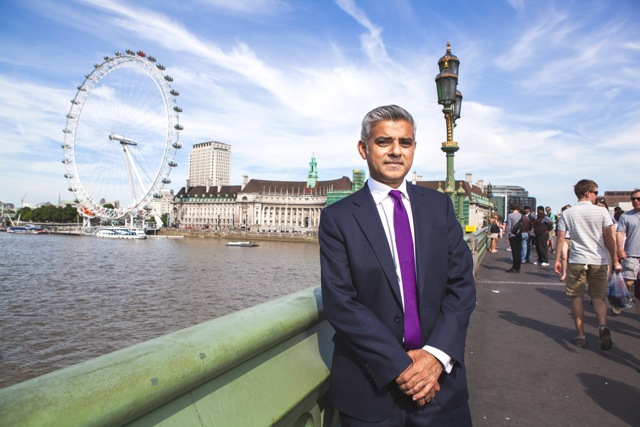London mayor calls for an increase in the use of stop and search
The London mayor has announced that there will be an increase in the use of stop and search powers despite home office data showing they are not effective.
Sadiq Khan called more intelligence-led stop and search a ‘vital tool’ in keeping communities safe and promised an increase in its use. The mayour noted that on New Years Eve four young Londoners died in knife attacks. Between 2014 and 2015, he pointed out that knife crime in the capital rose by five per cent but in 2016 it increased by 11% in London and 14% across England and Wales.
Kerry Spence, a criminal defence lawyer at Hodge Jones & Allen, argued that the statistics for the year 2016-17 show that the percentage of arrests arising from stop and search was ‘shockingly low’ and proves that the procedure does not work.
Michael Ackah, a trustee of the charity Stop and Search Legal Project and also a lawyer at Hodge Jones & Allen, said that Khan’s statement made a ‘good soundbite’ but was not supported by the facts.
In the 12 months preceding October 2017, there were more than 300,000 stops and searches and just 17% resulted in arrest. Since 2001 the percentage of arrests made as a result of the use of stop and search has been declining, and hit its lowest in 2011/12 at 9%.
In 2014 the then Home Secretary Theresa May changed police guidelines to reduce the use of stop and search, following widespread rioting. Following this levels of stop and search powers decreased dramatically from over a million a year between 2006 to 2013 to the current levels.
The amount of stop and searches taking place has decreased by nearly two thirds, but the effectiveness of the searches has only increased to 17% with a reduction from 122,425 at its highest to 51,813 arrests in the most recent figures.
The number of Black and minority ethnic subjects targeted as part of stops and searches remains disproportionately high. People from a BAME background are four times more likely to be stopped compared with those who are white. In particular, those who are Black (or Black British) are eight times more likely to be stopped than those who are white. Although the amount of stops and searches have fallen overall the stops of white individuals have fallen more than other groups.
The amount of stop and searches taking place on white individuals has dropped to almost one quarter (23%) of its levels in 2010/11, whereas those on black individuals has dropped to 25% as has that of all BAME individuals. The number of Black (or Black British) people being stopped (per 1,000 of the population) is still at a higher level than the number of white people who were stopped in 2010/11, despite that reduction.
These figures come out as it also emerges that Met Police officers wrongly arrested a black man standing next to the actual white suspect – having been told over the radio that the suspect was white. This has resulted in a racial bias and misconduct hearing and subsequent settlement released yesterday.
Michael Ackah commented: “It is clear the police target BAME individuals in particular without necessarily having reasonable cause to do so in terms of subsequent arrests.”
First published on January 12, 2018







